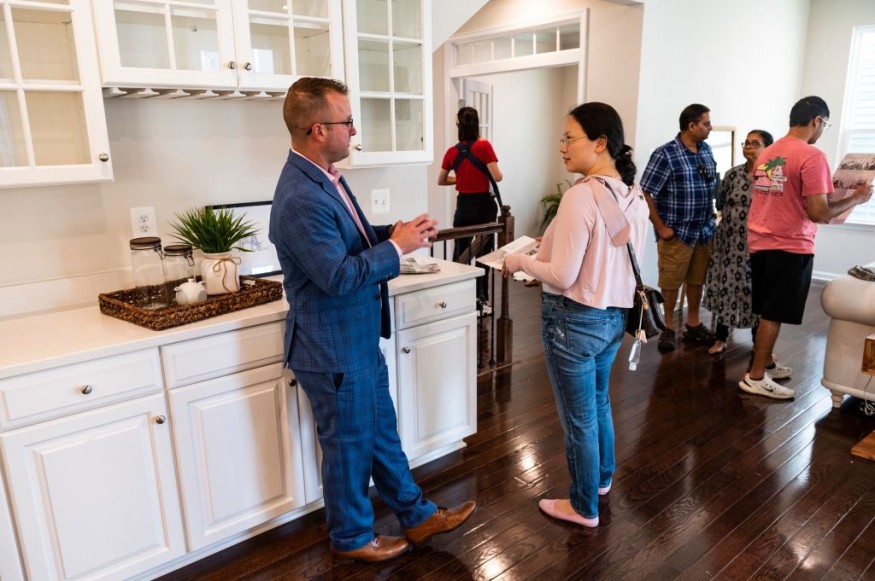
The journey to homeownership is often clouded by misconceptions that can deter potential buyers or lead them down the wrong path. While much advice found online or gained from friends and family is well-meaning, some may be outdated or inappropriate for your situation.
In this article, we aim to dispel five common home-buying myths to help prospective homeowners make informed decisions.
Myth 1: You Need a 20% Down Payment
One of the most persistent myths is the belief that you need a hefty 20% down payment to buy a home. While a larger down payment can offer benefits like lower monthly mortgage payments and reduced interest rates, it's not a strict requirement. Many lenders offer mortgage options with down payments as low as 3%, making homeownership more accessible for a broader range of buyers.
Here's a quick overview of some loan types with low down payment options:
- HUD/FHA loans allow a 3.5% minimum down payment.
- USDA/RD loans do not require a down payment.
- VA loans also do not require a down payment.
Myth 2: You Should Wait To Buy a home Until Prices Are Lower
Timing the real estate market perfectly is a challenging feat. While it's natural to want to buy when prices are low, attempting to predict market fluctuations can lead to missed opportunities. Real estate is cyclical, and trying to time the market could mean waiting indefinitely. Instead, focus on your financial readiness and the long-term investment potential of the property.
Myth 3: Your Pre-approval Rate Will Also Be Your Locked-in Rate
Securing a mortgage pre-approval is a crucial step in the home-buying process, but it does not guarantee that your final interest rate will be the same. Interest rates can fluctuate until you lock them in. As such, it's advisable to monitor rates, and when you find a favorable one, work with your lender to secure it before closing on your home.
Myth 4: Buying a Home Is Always Better Than Renting
While owning a home can be a sound investment, it's not always the best choice for everyone. Renting provides flexibility and fewer responsibilities, making it suitable for individuals in transitional phases of life. Assess your financial goals, lifestyle, and long-term plans to determine whether buying or renting aligns with your current needs.
Myth 5: Fixer-uppers Can Always Help You Save Money
The idea that fixer-upper homes always translate to cost savings is a misconception. While purchasing a property in need of renovations can offer potential returns, it's crucial to accurately estimate the cost and time required for repairs. Factor in the renovation expenses and compare them to move-in-ready homes to ensure you're making a financially sound decision.
© 2025 Realty Today All rights reserved. Do not reproduce without permission.



